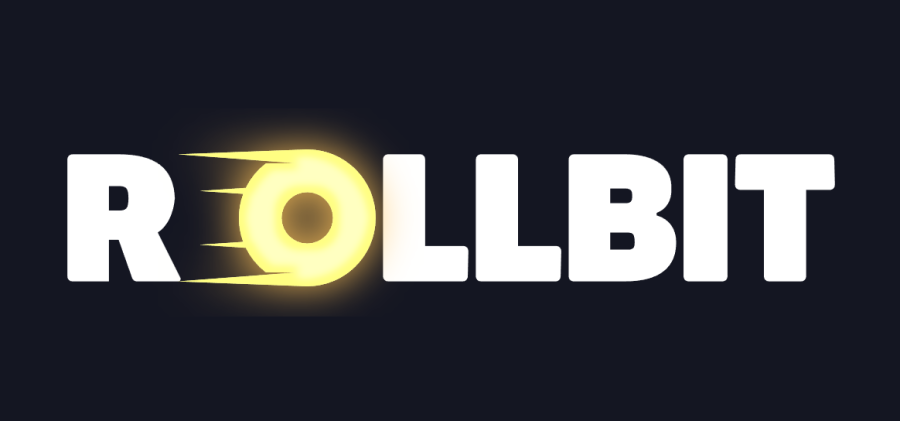The music streaming site Grooveshark is no stranger to the ire of the music industry. The service’s approach to hosting and streaming songs has resulted in a barrage of criticism from industry players, as well as a handful of lawsuits.

The latest lawsuit is actually the second one to be filed by Universal Music Group, the biggest of the major record companies. This time, UMG is suing over a claim that Grooveshark employees were required to bulk-upload music files to the service, and even got a monetary bonus for beating their upload quota. The lawsuit demands $150,000 per alleged infringement, which works out to about $17 billion, as Digital Music News points out.
The accusation came from an anonymous blog comment left by somebody purporting to be a Grooveshark employee. “We are assigned a predetermined number of weekly uploads to the system and get a small extra bonus if we manage to go above that (not easy),” they wrote. “The assignments are assumed as direct orders from the top to the bottom.”
Pretty scandalous stuff, but it is an anonymous comment on a blog. It could have been made by anybody, including a disgruntled intern or somebody working for a competing service. Or it could be accurate, in which case Grooveshark’s legal defense had better be rock solid.
This is only the latest in a series of legal challenges faced by Grooveshark. What makes the site so controversial is the way it handles the licensing, hosting and distribution of music. Rather than taking the legally bulletproof route of companies like Apple, Google or Spotify, Grooveshark relies heavily on user-submitted audio files, which are then available to other users on the service. As a result, the content library on Grooveshark isn’t limited to commercially-released albums. Music fans can use the site to find bootlegs of concerts and other rare material.
As a consequence of the ongoing litigation, Grooveshark’s mobile presence has been hampered. Earlier this year, its app was pulled from the Android Market, although can still be accesed from the browser on Android-based phones.
Despite an HTML5 redesign, the site’s player still utilizes Flash, and thus won’t work on iOS. That normally wouldn’t be a big deal, except that Apple has pulled and banned the service’s iOS app from the App Store over the legal controversy. Users with jailbroken iPhones can still get Grooveshark from Cydia.





















